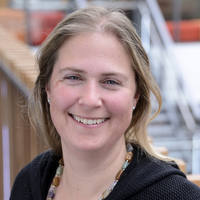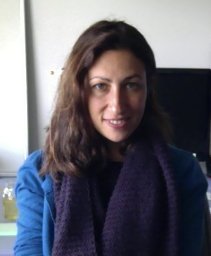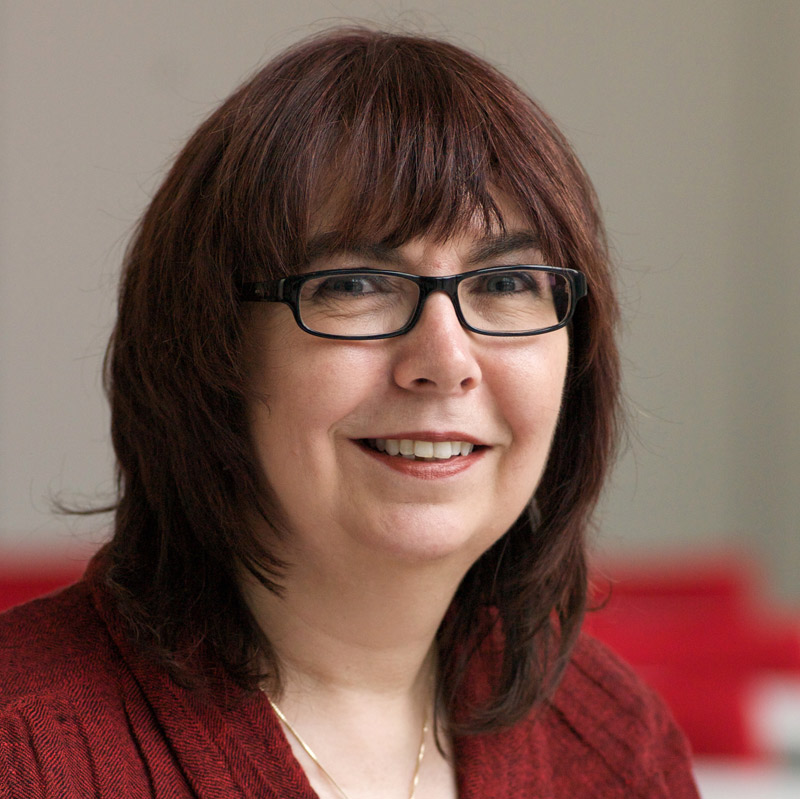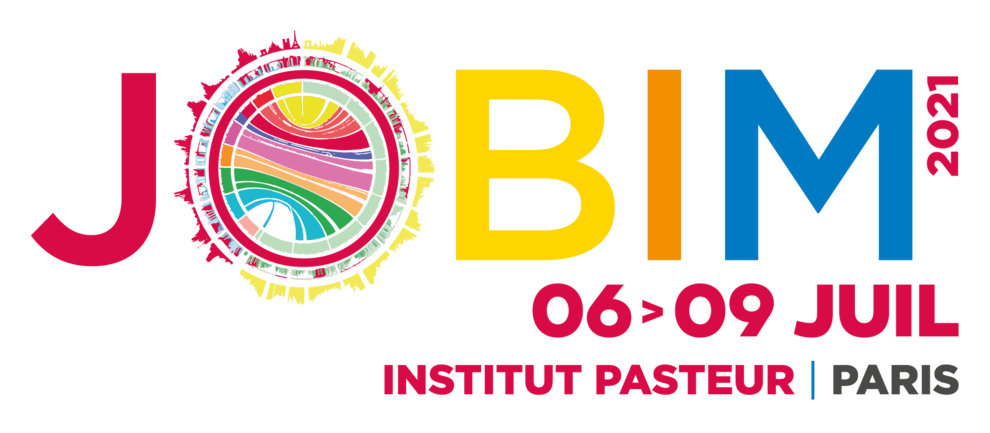Conférencier·ère·s invité·e·s

|
|
|
Sarah Teichmann did her PhD at the MRC Laboratory of Molecular Biology, Cambridge, UK and was a Beit Memorial Fellow at University College London.
She started a group at the MRC Laboratory of Molecular Biology in 2001.
In 2013, she moved to the Wellcome Genome Campus in Hinxton, Cambridge, where her group was joint between the EMBL-European Bioinformatics Institute and the Wellcome Sanger Institute.
Sarah Teichmann is an EMBO member and fellow of the Academy of Medical Sciences, and her work has been recognized by a number of prizes, including the Lister Prize, Biochemical Society Colworth Medal, Royal Society Crick Lecture and EMBO Gold Medal.
|
|
|

|
|
|
Jean-Philippe Vert is a research scientist at Google Brain in Paris and adjunct research professor at PSL Mines ParisTech's Centre for Computational Biology.
Prior to joining Google in 2018, he worked as a postdoc in computational biology at Kyoto University (2001-2002), research professor and founding director of the Centre for Computational Biology at Mines ParisTech (2003-2018), team leader at the Curie Institute in Paris on computational biology of cancer (2008-2018), Miller visiting professor at UC Berkeley (2015-2016), and research professor at the department of mathematics of Ecole normale superieure in Paris (2016-2018).
He graduated from Ecole Polytechnique (1995), Corps des Mines (1998), and holds a PhD in mathematics from Paris 6 University (2001).
His research interest concerns the development of statistical and machine learning methods, particularly to model complex, high-dimensional and structured data, with an application focus on computational biology, genomics and precision medicine.
He is also working on several medical applications in cancer research, including quantifying and modeling cancer heterogeneity, predicting response to therapy, and modeling the genome and epigenome of cancer cells at the single-cell level.
|
|
|

|
|
|
Julie Reveillaud obtained her Master at Univ. Montpellier (2004) and her PhD at Univ. Gand (2011).
After a first postdoc at the Marine Biology Lab (MBL, Wood Hole, 2011) and a second postdoc at the Laboratoire de Microbiologie des environnements extrêmes (CNRS, Ifremer, Brest, 2015), she joined the INRAE (Institut National de Recherche pour l'Agriculture, l'Alimentation et l'Environnement) as a Research Scientist in 2016.
Julie Reveillaud is broadly interested in how animals, bacteria and viruses interact between each other.
Her recent contributions include the diversity, function, and evolutionary dynamics of microbial communities in disease vectors, as well as intimate host-microbes associations.
|
|
|

|
|
|
Thomas Schiex obtained his PhD (1991) in Artificial Intelligence at Univ. Paul Sabatier (Toulouse).
In 1991, he joined the ONERA (Office National d'Études et de Recherches Aérospatiales) as a Research Engineer.
Since 1994, he works at INRAE (Institut National de Recherche pour l'Agriculture, l'Alimentation et l'Environnement), where he is now Director of Research, in the MathNum division (Mathematics and Digital Technologies).
|
|
|

|
|
|
Carole Goble CBE FREng FBCS is a Professor of Computer Science at the University of Manchester, UK where she leads a team of Researchers, Research Software Engineers and Data Stewards. She has spent 25 years working in e-Science on computational workflows, reproducible science, open sharing, and knowledge and metadata management in a range of disciplines. She has led numerous e-Infrastructure projects including: Taverna, one of the first open source computational workflow management systems and myExperiment.org, the first system agnostic web-based sharing platform for workflows and their related data. She was the scientific lead of the WF4ever project which pioneered the notion of workflows as preservable and reproducible Research Objects. She currently co-leads the WorkflowHub.eu registry for workflows, the RO-Crate community initiative for packaging, exchanging and publishing workflows as Research Objects and serves on the Advisory Board of the Common Workflow Language. These are key components of the EOSC-Life Cluster Workflow Collaboratory (made up of 13 European Research Infrastructures in Biomedical Science) and a resource of the EU COVID data portal. The tools of the Collaboratory are used by other projects from natural history collection digitisation to climate change modelling. Carole leads the pan-institutional FAIRDOM Consortium which manages FAIR data for systems biology and biomedical projects and directs the digital infrastructure for the IBISBA Research Infrastructure for Industrial Biotechnology. She co-leads the interoperability platform for ELIXIR, the EU Research Infrastructure for Life Sciences and is Head of Node of ELIXIR-UK. Carole is a co-founder of the UK’s Software Sustainability Institute and cares about quality research software and reproducibility by building platforms people actually use with teams of people distributed across projects, institutions and countries.
|
|
|

|
|
|
Roderic Guigó obtained his phD in Statistics from the Univ. Barcelona in 1988.
After his phD, he joined the Dana Farber Cancer Institute (Harvard Univ., Div. Biostatistics) as a postdoctoral fellow in the field of sequence analysis.
In late 1991, he moved to the BioMolecular Engineering Research Center at Boston Univ.
On Spring 1992, he moved to Los Alamos National Laboratory, where he was a postdoctoral fellow on genome analysis related problems.
In 1994 he joined the Institut Municipal d'Investigació Mèdica, within the GRIB (Grup de Recerca en Informàtica Biomèdica).
From 1994 to 1999, he was associated professor at the Universitat of Barcelona, and since 1999, at the Universitat Pompeu Fabra.
In 2005, he joined the Centre de Regulació Genòmica in Barcelona, where he coordinates the Bionformatics and Genomics Program.
He is also a Professor of Bioinformatics at the Universitat Pompeu Fabra.
He is member of advisory boards of many Bioinformatics and Genomics institutions, including the European Bioinformatics Institute.
|
|




 Chargement...
Chargement...